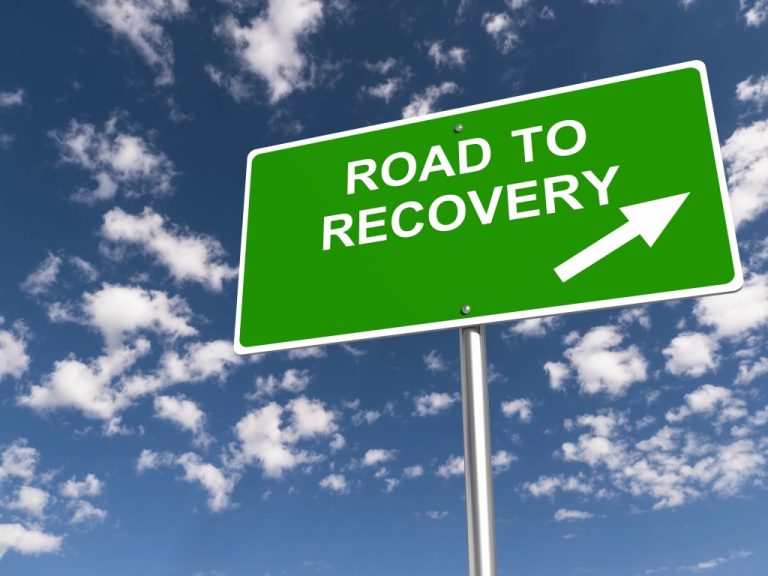Mastering Sobriety: A Step-by-Step Guide on How to Live a Sober Life
In the early days, I felt that it was my responsibility to answer the question, “How come you aren’t drinking? ” I didn’t understand I could decline to answer or that I didn’t have to make sense to everyone. For a period it was, “I’m an alcoholic,” and that tended to silence anyone (for clarification, I no longer identify as an alcoholic). These days, unless I’m feeling generous, I simply say, “I don’t drink,” and leave it at that.
Transition Assistance and Life Skills Training
You can provide an excuse, like that you’re on antibiotics, or you aren’t feeling great or want to feel fresh for something you have going on the next day. It’s important to remember that you never have to give yourself up to make other people comfortable—ever. Whether you’re stating a one-sentence response (“I don’t drink”) or using a small excuse, the only thing to consider is whether you are comfortable, and whether your boundaries are being upheld.
Recovery Programs
You will learn how to handle your own emotions,set healthy boundariesand form true connections with others. I would have classified myself as someone who loved to be around people and go out with them at night. Thinking back to before I was sober, I usually had to drink to be around people. I recharge when I’m by myself, and Alcoholics Anonymous I deplete when I’m with others—especially big groups.
- These resources help residents continue their recovery journey beyond the sober living environment, ensuring they have the tools to maintain sobriety in everyday life.
- People will assume you drink and will be very curious about why you don’t have a drink in your hand when they do.
- It is an everyday choice, and Reginald reminds his social followers, family, and friends with his daily Facebook posts of inspiration.
- People who abuse alcohol get to a point in their drinking where they cannot manage any emotion in a healthy way.
- With a clear mind and increased energy, pursuing educational opportunities, career advancements, or personal hobbies become more attainable.
How to Start Your Sober Journey?
Ultimately, embracing sobriety opens the door to a more fulfilling and purposeful life. With improved physical and mental well-being, stronger relationships, financial stability, and increased productivity, individuals can pursue their passions and goals with clarity and determination. Sobriety becomes a catalyst for personal growth and creating a rich, meaningful, and fulfilling life.

Finding the right combination of treatments and support is crucial in sustaining a sober life. Looking back to the early nineteenth century, both drunkenness and substance use were viewed as moral failings and heavily stigmatized. There was no treatment for alcoholism or drug addiction, only punitive actions like imprisonment.
You’ll Improve Relationships

If I do something that requires what does stay sober mean an apology these days, it comes from a place of genuine misunderstanding. That is much easier to handle than drunk shenanigans that got out of hand. My drinking was all about self-loathing, which I had done for almost twenty years at that point. We all have to go through it, but the AMAZING thing is that you’ll end up with really powerful connections with the people you choose to keep around. If you feel numb, like you’re in a fog, or have nothing going on – this is possibly one of the reasons. This one happened for me relatively early on, and that’s WITH pregnancy brain.

Celebrate Achievements to Reinforce the Benefits of a Sober Life
Thebenefits of being soberinclude real relationships and experiences that you might otherwise miss out on, along with many other goodreasons to be sober. Embracing these benefits, you’ll find that sober living homes offer much more than just a place to stay. They furnish you with the tools, support, and structure needed to build a solid foundation for your recovery journey. Many sober living homes are connected with local therapy groups, counseling services, and job training programs.
Say Yes To A Sober Life
- If any area of your life is out of control, it will not help you maintain lasting sobriety.
- Alcohol and drugs can often be used as a coping mechanism for dealing with difficult emotions, but in the long run, they can make emotional regulation more difficult.
- Instead, you are likely to find yourself surrounded by new friends who make you smile and are eager to get together for a variety of social activities.
- Recognizing addiction as a chronic disease, similar to diabetes or heart disease, is crucial.
“It’s about progress, support, and building a life that you don’t want to escape from. Living sober means abstaining from all mind-altering substances, including alcohol, prescription drugs, and street drugs. It is a day-by-day process that requires you to focus on https://chatbot.poleviotte.fr/index.php/2024/12/16/early-warning-signs-of-teen-substance-use/ the present rather than getting overwhelmed by the long-term. Getting sober can also help individuals to regulate their emotions more effectively. Alcohol and drugs can often be used as a coping mechanism for dealing with difficult emotions, but in the long run, they can make emotional regulation more difficult. By getting sober, individuals can learn new, healthier coping mechanisms to help them manage their emotions more effectively.
Sobriety, coupled with therapy, addresses the root causes of these conditions. Cognitive Behavioral Therapy (CBT) and Dialectical Behavior Therapy (DBT) are effective in treating the underlying mental health issues that often accompany addiction. Choosing sobriety is a transformative decision that not only impacts your physical health but also enhances your mental well-being, relationships, and overall quality of life. When you embark on the journey to sobriety, you unlock a series of benefits that contribute to your personal and professional growth. Through therapies like Cognitive Behavioral Therapy (CBT) and Dialectical Behavior Therapy (DBT), individuals learn coping mechanisms that aren’t reliant on substance use.